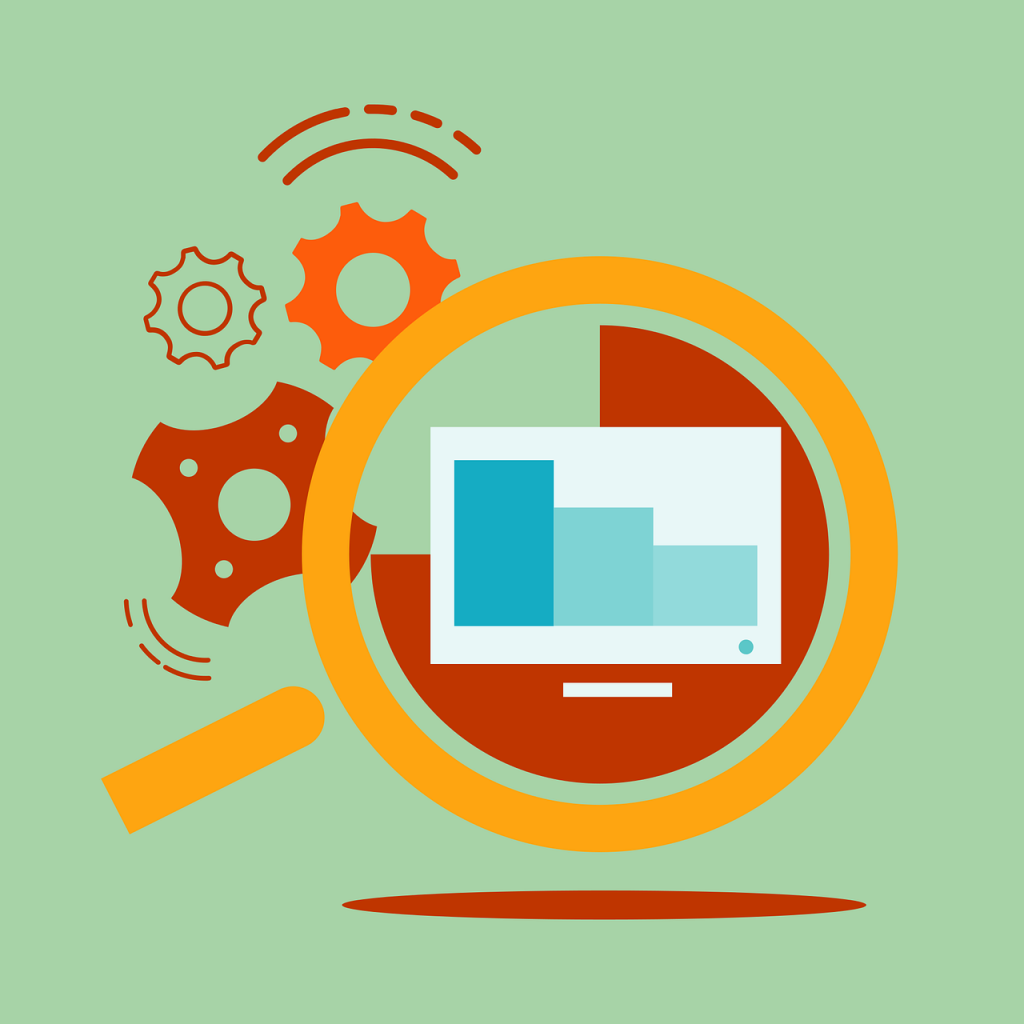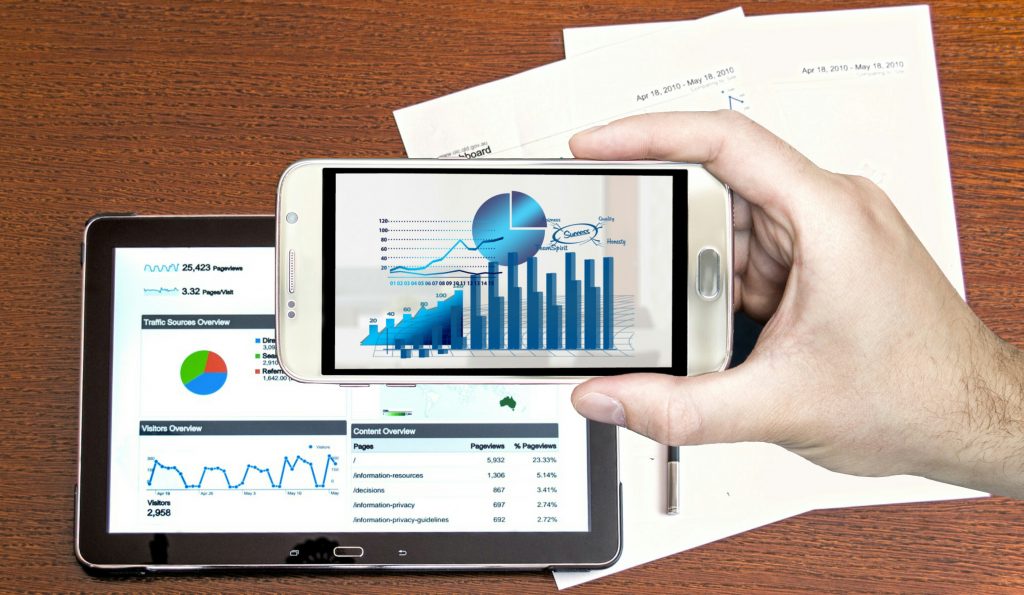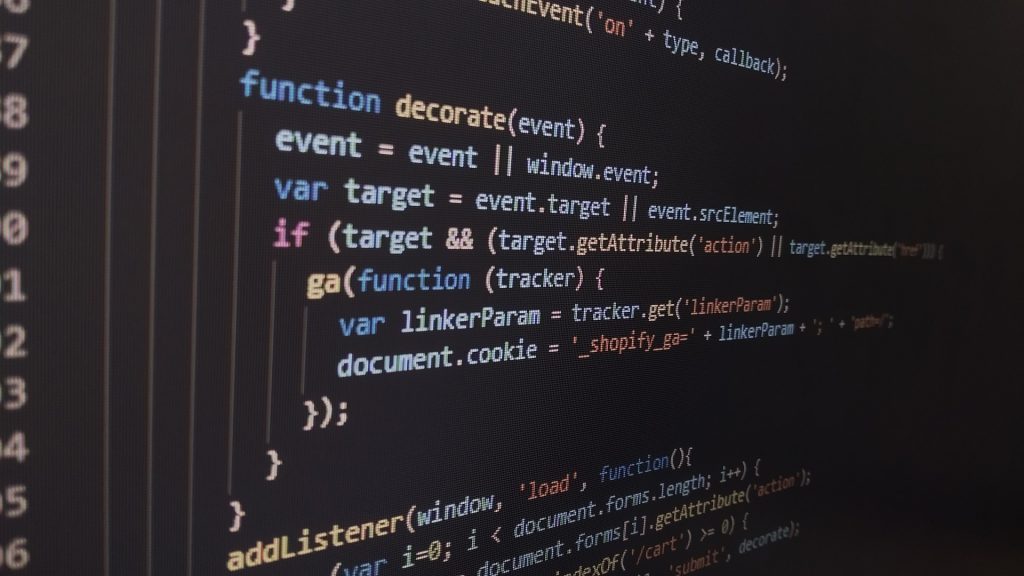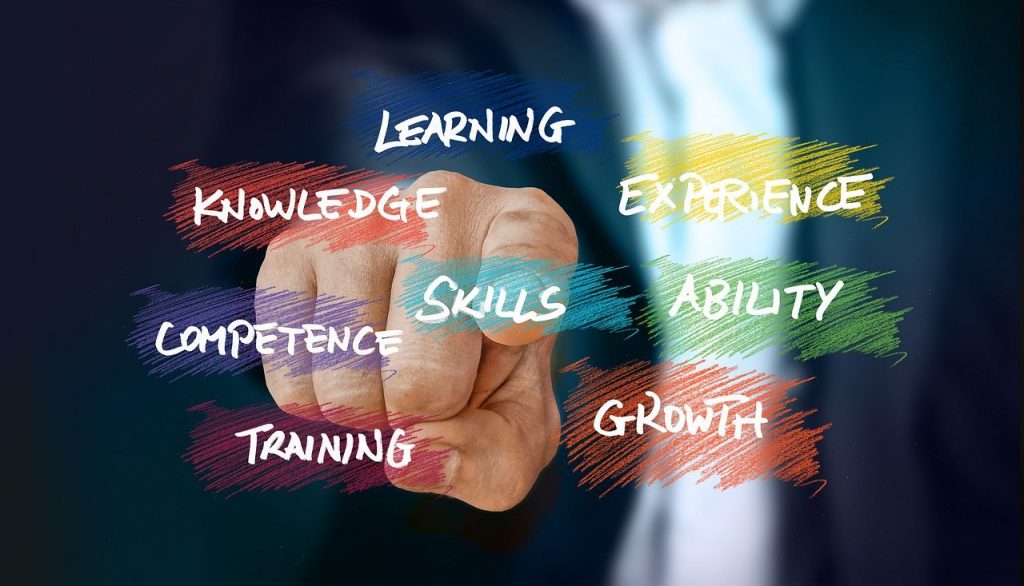Aspiring for a job in the field of analytics? Looking for an opportunity as a data analyst in a reputed organization with a handsome package?
Congratulations! You have stopped at the right webpage, as we look forward to equipping you with a large bunch of data analyst interview questions, from simple to the trickiest ones, by the end of this power-packed article.
Not only with questions, we shall help with the most suitable answers to those questions, which shall not only help you create a powerful first impression but also highly strengthen your chances of cracking that job.
But wait!! Are you a beginner in analytics and and are eyeing analytics as your career? If yes, I’ll suggest to read this blog post first. Click here to read!

So if you well versed with the basic skill set required for the position of an analyst, you are just a few steps away from cracking an awesome opportunity in the analytics field. Even if one has all the pre-requisite and the required skills for an analyst job, it must not be taken for granted that any employer shall serve a handsome opportunity on a platter for you.
Some typical data analyst interview questions for freshers:
Let’s learn what is the mindset of the interviewer behind a particular question, and see some sample responses to them:
Preparation for the interview, honestly, is as important as polishing the required skill set for the job role. Let’s get started and take you forward with introductory interview questions for data analyst profile that especially a fresher candidate can be confronted with:

Why did you decide to become a data analyst? Or what qualities do you hold that make you think you are a good fit as an analyst?
More often than nought, this question is thrown as an ice-breaker, wherein you have to make the most of this open-ended question, and briefly explain all your qualities, interests, and passion you have for DATA. You do have the best chance, to prove why you love data and how fascinating you find analyzing datasets, and how analytical a mindset you have.
To be honest, nobody is born with an analytical mindset or nobody takes birth with a mind having well developed problem-solving approach. You just need to start to realize the importance of data around you, keep figuring out certain datasets around you intuitively, and try to frame patterns with the datasets you capture in your daily life.
That’s the simple way you can make yourself fall in love with datasets, and that’s probably that time when you’ll start observing every minutest to the minute thing in terms of data, and will start making wise decisions on the basis of that, instead of intuitively going for random decision making.
Did you notice just what I did above?
I presented in front of you a story, on how one should fall in love with DATA.

From an interview perspective, you must try to present everything you know, your experiences, your hard work in your projects, and your skillset in the form of stories that directly hijack the mind of the person listening to you.
It’s not at all recommended to fake something, just to impress the interviewer, but what you need to do is presenting your experiences and learnings, whatever they may be or howsoever weird/strange they may be, in the form of stories.
In short, just master the art of storytelling!! If done properly, it shall introduce you to really some new horizons of success, in unexpected ways and realms.
Summarising the response for such a question, the message you have to get across is:
You just LOVE data.
You have a clear understanding of how you as a data analyst shall the company succeed.
And most importantly, you are confident with the path you’ve chosen, and the analytics skills you’ve learned.
A classic sample response:
I want to be a data analyst because the insights obtained from data have unique storytelling capabilities, which connect with people instantly, and I find this property of datasets really fascinating. I read a featured blog of your company, which stated how the sales of your products have a positive correlation with the standard of living of your customers, and I was absolutely moved by that piece of content. That was the time, I figured out that I want to shape my career with this company, and this is the place that helps me attain the learning curve as I expect.
Where do you see yourself 10 years down the lane?
Through this question, the interviewer attempts to understand your long term vision, in terms of what are your future plans with regards to what kind of learning curve you want to frame for yourself, and what is your vision about your progress in the field for which are applying to, how would you like to enhance your skills in this domain. If you want to read about the ideal skills that a data analyst or a business analyst must have, click here and read this extensive blog.
Hence, this question is a bit tricky, and being straightforward like an innocent child, or contrary to this, projecting yourself as a mightly ambitious soul looking forward to run the whole company, might turn the odds against you.
You don’t even have to personalize this question though, as this may get you off-topic pretty easily. No recruiter is interested to hear that you wanna marry in the next 10 years, or so, all they want to know is what is your long-term vision on professional terms.
Just try to keep your response general, truthful, and most importantly, realistic and practically achievable.

A classic sample response:
Within 10 years, I visualize myself having grown professionally along with the company, in order to fulfill my ultimate goals of bringing a revolution in the field of analytics and changing the way businesses look at data analytics. I aspire to become a data scientist through this process, who is able to leave his footprints in this field through the research and approaches applied throughout. And all of this, obviously, while maintaining a healthy work-life balance.
How do you visualize data, or how do you feel about data in general?
This too is one of the best opportunities you’ve got in the form of a question by the interviewer himself. Feel free to express your love for the field through a story that hooks the person along with.
And the last thing you’d like to respond to such a question is that you don’t have any feeling for data, or feel any connection with it.
A classic sample response:
I feel that data is the supremest power. It controls almost all the decisions we take in our day to day lives, right from stepping out of our beds in the morning, to making major corporate decisions or deals. We as humans keep taking inputs in the form of sensations, convert them into data in our minds, that data is converted to actionable insights, which influence the majority of our future decisions. We tend to do it so fast, that we don’t even realize doing it, and making use of data every second in our life. Honestly, I’m just that weirdo who starts figuring out the sources of that data and thinks how can I get more data from that source, and process it more efficiently.
Technical skills testing questions in a data analyst interview:

Now let’s get to some of the tricky and technical questions that you may be confronted with:
Which all data analysis softwares have you use in the past and which are the ones you are most comfortable with?
This question is asked to assess if the candidate has the appropriate hard skills that is primarily required for the job, and also confirm the basic minimum competency expected from him.
In your answer, you must try to talk about your experience with the softwares that are emphasized in the job description, even if it is a tiny one. Also, let them know about other software experiences, but don’t forget to mention the ones in the job description.
A classic sample response:
I have a breadth of experience working with data analytics softwares. For example, in my last jobs, I’ve done a bunch of ELKI management, and worked on many data mining algorithms as well. I am also familiar with data analysis tools like Excel, python libraries and I’ve worked specifically on Tableau for an extensive 6-month project in my last employment.
You can also be asked questions to test your understanding process of data analysis:
For e.g
What shall be the process when you’re assigned a fresh project for analysis? Explain in detail.
Now again, your experience of working on a project is being checked out over here. Just think for 5 seconds before starting to speak, because if you start blabbering right away whatever crosses your mind, you may miss out on certain key points to be checked out before starting a certain project.
A classic sample response:
First of all, I shall take some time to look over the project so minutely, that I figure out the core objective and define the problem. Understanding of that particular business is utterly important, it’s only then we can define the scope of the work, and allocate the budget accordingly. I’ll reach out to the client, to get more and more insights on this topic, and then prepare a viable strategy of analysis myself. I’ll allocate time and resources to figure out the best way to model it, and shall take into consideration the project deadline and try to manage everything well within it.
What’s your experience in creating dashboards? Can you walk us through the dashboard tools you know about, and have used in a real-time project?
This again is a question testing your experience in working on projects as an analyst.

In essence, dashboards are pretty essential to make for an analyst, in order to showcase your work and insights to the product manager, and other company employees as well. Some of the best tools for these dashboards are MS Excel, PowerBI, Tableau, and Google Data Studio as well. So make sure you have a command upon at least a couple of tools amongst these.
A classic sample response:
In a couple of my earlier job profiles, I’ve created a bunch of dashboards specifically in the field of marketing analytics, using PowerBI and Google Data Studio.
As it clearly implies, I’ve been using a bunch of marketing metrics such as brand awareness, sales patterns, client retention rates, their responses in terms of satisfaction, and their lifetime values as well, to help the company expand its client base, and also provide them an extensive and better service. For data visualization, I’ve also been using the Matplotlib and Seaborn libraries of python which made my life much easier.
Python/SQL knowledge testing interview questions:
As you may already know, having basic programming knowledge in at least one of the languages amongst Python or SQL is a must for an analyst role. You shall certainly be bombarded with a few questions testing your preferred language’s knowledge. I’ve given some examples of important SQL questions below:

What are cursors and can you explain different types of cursors in SQL?
A classic sample response:
A cursor is an option in SQL that helps you retrieve data from a result row by row, and especially is very handy when we have to update records in the database, one row at a time. Static cursors, dynamic cursors, keyset driven cursors are various kinds of cursor options available in SQL which make the life of an analyst much easier.
In general, it shall be good to understand concisely what cursers do, as this is one of the frequently asked questions in a technical data analyst interview.
Very importantly, to test your hold on the language,
The interviewer may also ask you to find out what is wrong with a SQL query?
He may give you a particular query with a few errors, and you’ll be asked to rectify it, explaining whats and hows of the faults.
Behavioral testing questions with respect to an analyst:
Now, you’ll also be asked a bunch of behavioral and human resource questions in a data analyst interview. Let’s look at how to tackle such questions.
Do you think creativity is a must-have skill for a data analyst? Can you support your answer, be it a yes or a no?
A classic sample response:
As a general perception, a data analyst is imagined to be a person who must be excellent with maths and statistics and just has to use a bunch of tools to extract insights from the big data or the databases. And in reality as well, creativity is not the primary skill to be possessed by a data analyst, but if the person is a hint good with creativity, it shall make him stand wide apart from the crowd. It shall prove to be very handy in developing analytical strategies and data visualization plots. Also, it goes without saying, your out-of-the-box thinking helps you discover better solutions to any problem statement.

Apart from this, what other soft skills do you feel are indispensable for a data analyst?
Soft skills are really essential to boost the overall productivity and efficiency of a company. They may not directly impact the revenue of a company, but indirectly for sure!! It is certainly a fact that the work habits and work ethics of a person definitely leave an impact on other team members, and may also set an example for the ones who look up to you.
Hence you may answer it in a neutral fashion, and also tell how you developed certain soft skills in your last employment, and how did it help you out.
A classic sample response:
In my opinion, leadership skills and presentation are the bare minimum soft skills to be possessed by an analyst. Leadership skills aren’t necessary to be possessed by just the managerial department, but these skills come in handy at various realms during one’s professional journey. In my field, leadership shall translate into providing accurate insights for the organization and their interpretation. That’s a thing that I have worked days and nights out to develop, and right now, I felt pretty confident being the leading figure of my department in my ex-company.
Apart from these, certain brain teasers and guesstimates may also be thrown at you to check out how you approach a problem set. When it comes to guesstimates, the interviewer isn’t really looking for even an approximately correct answer, but they just look forward to evaluating the approach the candidate is opting for.
What NOT to say in a data analyst interview:
It’s very important to know beforehand, what not to say in an analyst interview. You should never make the interviewer feel that you started to learn these skills on being insisted on by somebody, or under pressure. You always shall attempt to make him realize you developed a passion for DATA and INSIGHTS, before stepping into the ocean of analytics.
A certain set of skills and certain interview tips to be taken care of, as I have mentioned in this blog, is all that you need to crack a handsome paying opportunity in this field
And yeah, if you want to read a wider range of technical questions asked in a data analyst interview, click here and check out this awesome article as well.
Hope you liked this article, and I’m very sure the insights shared above shall help you get away with flying colors with a splendid job in the field of business analytics or primarily data analytics.